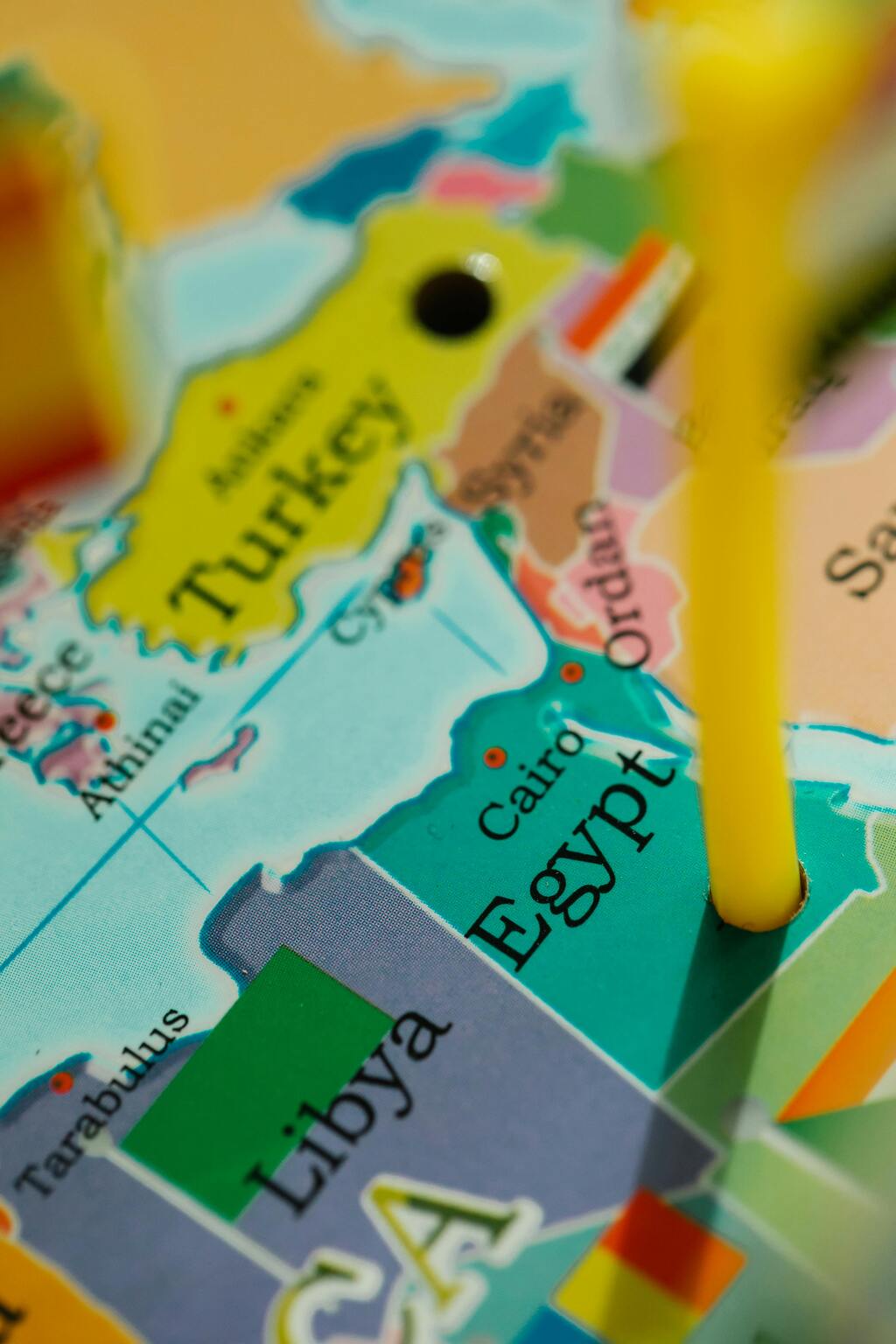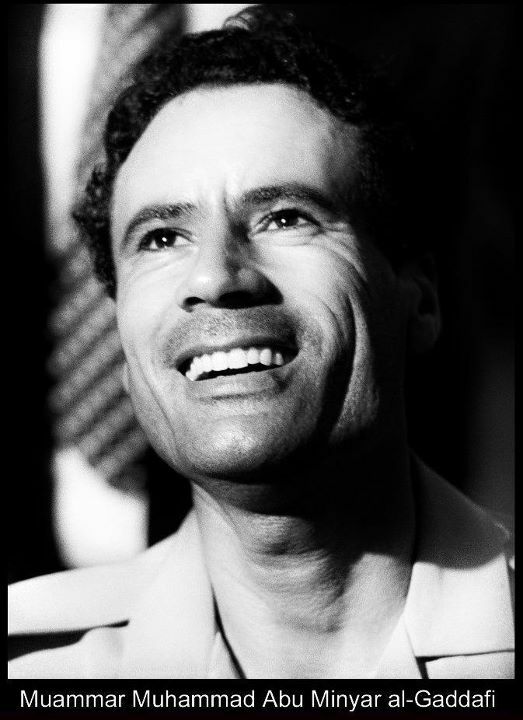
Tripoli, July 17, 2025 —
As Western nations tighten the noose on Russian oil and gas amid the ongoing war in Ukraine, Libya has quietly surged ahead as Europe’s go-to energy backdoor, according to newly released data from the Central Bank of Libya.
In a report covering 2021 to 2024, the Central Bank confirmed that a staggering 95% of Libya’s total exports remain oil-based, underlining the country’s continued dependence on black gold.
But what's more revealing is where that oil is going: the European Union absorbed 68% of Libya’s total exports, making it by far the largest buyer — despite repeated EU declarations to diversify energy sources and ‘green’ ambitions.
Libya’s GDP reached $82.13 billion in 2024, with exports contributing $32.1 billion and imports amounting to $23.34 billion.
That left the war-fractured country with a trade surplus of $8.77 billion, propped up almost entirely by oil exports, in a global market reshaped by sanctions and geopolitical chess.
Who’s Buying Libyan Oil?
🇪🇺 EU countries: 68% of all Libyan exports
🌏 Asia: 14%
🌍 Arab nations & non-EU Europe: 6% each
🌎 North, Central & South America: 5%
🌐 Africa, Australia & New Zealand: 1%
As the EU scrambles to plug the Russian oil gap and reduce reliance on sanctioned supply routes, Libya’s battered but resilient oil sector has become a strategic pivot — even as the country still grapples with political division, internal instability, and a stalled democratic process.
While this data reflects a welcome surplus for Libya’s fragile economy, analysts warn it also highlights dangerous overdependence on a single commodity and a single market. “It’s a house of cards if Europe ever finds a new supplier or Libya suffers renewed internal conflict,” said one Tripoli-based economist.
Meanwhile, the irony isn't lost on critics: the very nations that once intervened militarily in Libya — citing democracy and stability — now rely on its oil to keep their own lights on amid a war in Ukraine they themselves are backing.
For Libya, the numbers speak clearly: oil is still king, and Europe is still buying.
